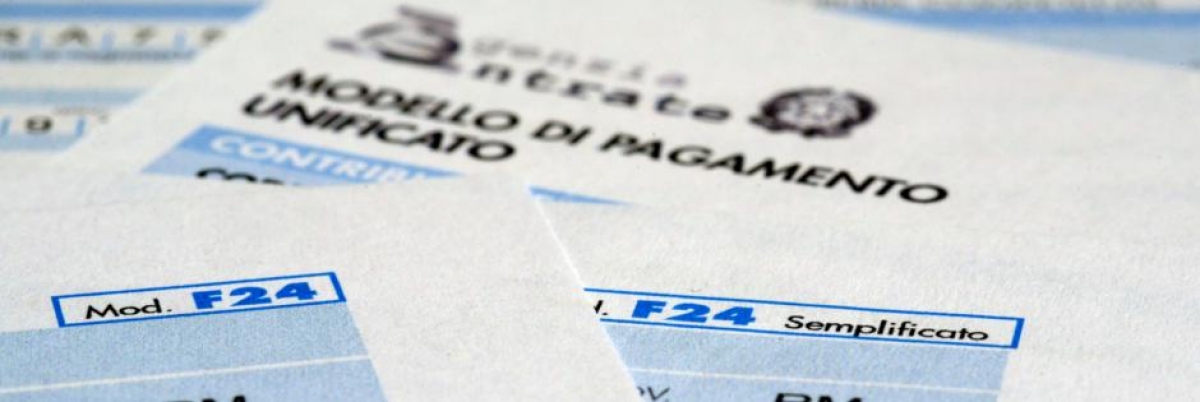Comment to Criminal Court of Cassation, sec. III, 20 November 2019 (hearing 2 October 2019),n. 47104, Chair Liberati, Reporting Judge Mengoni
The decision in question originates from the appeal against the sentence of 21 February 2018 by the Court of Potenza, which issued a nolle prosequi declaration in respect to the defendant for the crime of omitted payment of VAT, in that this was extinguished following the positive outcome of the probation and simultaneously applied the confiscation for the equivalent value of that which had been preventively seized.
In short, the Court of Cassation ruled that the confiscation of an equivalent value cannot be applied in the event of a sentence that declares the crime is extinguished due to the positive outcome of the probation in accordance with articles 464-septies c.p.p. [code of criminal procedure] and 168-ter c.p. [criminal code].
Indeed, adhering to the literal provisions of art. 12-bis legislative decree 74/2000, the Court of first instance reiterated that confiscation can solely be applied in cases of convictions or plea-bargaining arrangements pursuant to art. 444 c.p.p. Moreover, the fact that art. 168-ter c.p. provides that, even in the event of the positive outcome of the probation, the accompanying administrative sanctions can be applied, has no relevance in the case in question, given the typically punitive nature of confiscation provided for under art. 12-bis.
Therefore, since the measure in art. 464-septies c.p.p. does not fall within these categories of sentences and given that the confiscation in question can be deemed an accompanying administrative sanction, the Court of Cassation correctly concluded that the confiscation was not applicable.
With the sentence in question, the Court of Cassation offered legal professionals an extremely advantageous instrument for handling criminal proceedings for omitted payment.
One of the most onerous consequences – perhaps the most onerous – in these proceedings is precisely the application of the confiscation of proceeds from the crime (and, with a proceeding pending, the seizure for the purpose of later confiscation) in accordance with art. 12-bis of legislative decree 74/2000.
It should be noted that the application of a confiscation, including for an equivalent value, is obligatory every time there is a conviction (or a penalty order) or a plea-bargaining arrangement pursuant to articles 444 c.p.p. and following.
The insidiousness of a confiscation obviously becomes all the more significant in cases where a taxpayer does not have sufficient liquidity to pay off its tax debt and is forced to pay this in instalments. This specific mechanism, which under the tax law enables taxpayers to pay off debts over a very long period of time (up to six years),is not adequately mirrored and coordinated in the criminal- taxation system.
Indeed, with regard to the reason for non-punishability provided for by art. 13 legislative decree 74/2000, if a defendant has agreed to pay a debt in instalments, the Judge can order the suspension of the proceeding for a maximum term of six months (an initial term of three months that can be extended for a further three months if deemed necessary by the Judge) to allow the debtor to pay off a debt.
This brief term is clearly disproportionate to the repayment schedule that can be agreed with the tax authorities, which are on average much longer. The misalignments between the terms provided under the tax laws and those established by art. 13 legislative decree 74/2000, essentially makes the above reason for non-punishability inaccessible to most parties. In light of the recent inadmissibility ruling by the Constitutional Court (24 May 2019, n. 126),which reasserted that provisions concerning the maximum period a criminal proceeding can be suspended for fall within the discretion of the legislator, it appears this issue is not going to be resolved (indeed, art. 13 will not be amended by decree law 124/2019 and the draft conversion bill).
The application of the second paragraph of art. 12-bis legislative decree 74/2000, which provides for the non-enforcement of the confiscation for sums which a taxpayer undertakes to pay to the tax authorities, is equally problematic. Indeed, it is worth noting that according to the established case law (see, for example, Sec. III, 23 October 2019, n. 47837),in the event of a debt being paid in instalments, even though a confiscation has not been enforced, the associated preventive seizure remains in force. The release from seizure of the respective sums takes place gradually and only on the basis of instalments that have already been paid.
In light of the above, given that the literal content of the provisions referred to and the punitive nature of confiscation provided for under art. 12-bis, the interpretation of the Court of Cassation would appear to be completely acceptable and is unlikely to be contradicted. Nevertheless, the non-application of a confiscation following the positive outcome of a probation – an independent consequence to the clearance of a tax debt (excluding interest and fines) – appears to be an anomaly within the criminal-tax system, which makes any benefit subject to the fulfilment of claims by the tax authorities. We cannot therefore exclude that, if the Court’s interpretation were to become established, the Legislator may intervene on the probation regulations, making access to the latter subject to specific conditions associated with the payment of tax debts.
